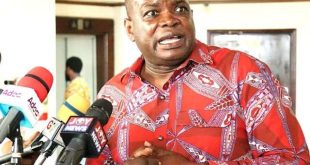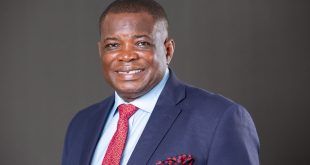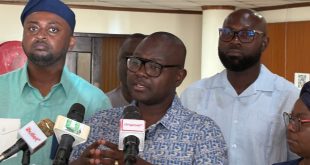According to Ken Ofori-Atta, minister of finance, the government has made some progress and won’t require a supplemental budget.
On Monday, July 31, 2023, he announced this when giving the mid-year budget review to Parliament.
The Minister claims that the Appropriation has been changed from GHS227.7 billion to GHS206.0 billion since it was initially submitted and agreed in November 2022.
“Mr. Speaker, for the first six months of the year, we continue making progress to exceed our non-oil revenue targets for the year. We have seen improvements in nonoil tax revenue collection despite some noticeable shortfalls in VAT. However, oil revenues have fallen short of expectations due to changes in global prices.
“We will, therefore, undertake a downward review of the oil-related revenue as well as the corresponding expenditures to align with the underperformance of some of our revenue handles. Specifically, this will impact the Annual Budget Funding Amount (ABFA).
“Mr. Speaker, in view of the reason outlined above, as well as the lower domestic interest payment and amortization, following the completion of a part of the DDEP, and the reduction in the foreign financed CAPEX, the Appropriation has been revised from GHS227.7 billion as presented and approved in November 2022 to GHS206.0 billion. This is in line with Regulations 24 sub-regulation (3) of Public Financial Management Act Regulations 2019 (L.I. 2378).
“Mr. Speaker, we will, therefore, not require a Supplementary Budget.”
According to Ghana’s Minister of Finance, Ken Ofori-Atta, 2022 was his worst year in charge of the country’s public coffers.
The aftermath of the COVID-19 pandemic presented a significant problem for Mr. Ofori-Atta and the ruling New Patriotic Party, requiring the government to turn to the International Monetary Fund for relief, he said on Monday, July 31, when he presented the 2023 mid-year budget review in Parliament.
“2022 was the most difficult year for me as Ghana’s Finance Minister. On July 1st 2022, we took what was then a very difficult but necessary decision to request support from the IMF to implement our Post-COVID-19 Programme of Economic Growth (PC-PEG). The country was going through a dire period of economic uncertainties and despondency.”
Source: Ghanatodayonline.com
 Ghanatodayonline.com News, Politics, Health, Education & More
Ghanatodayonline.com News, Politics, Health, Education & More




